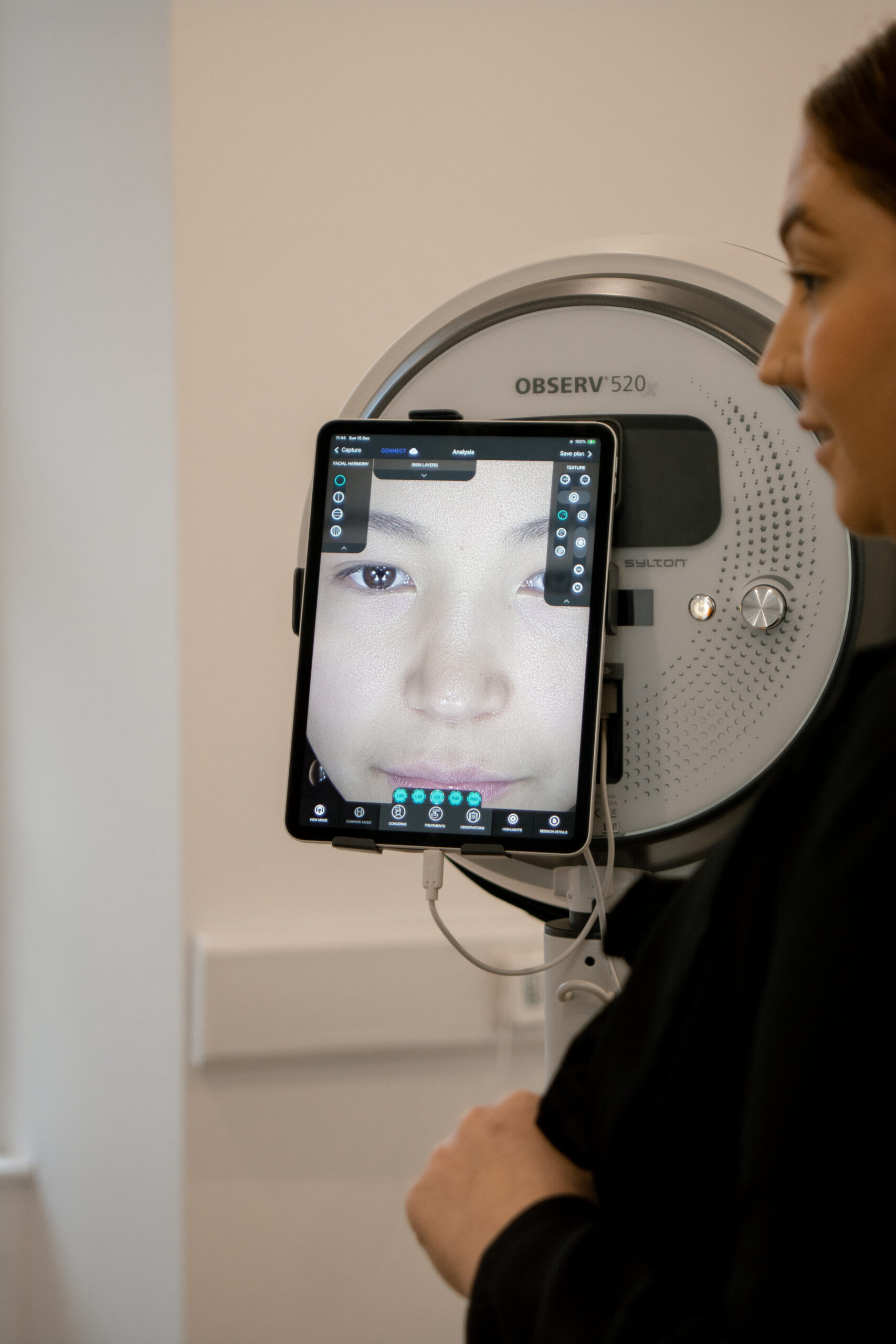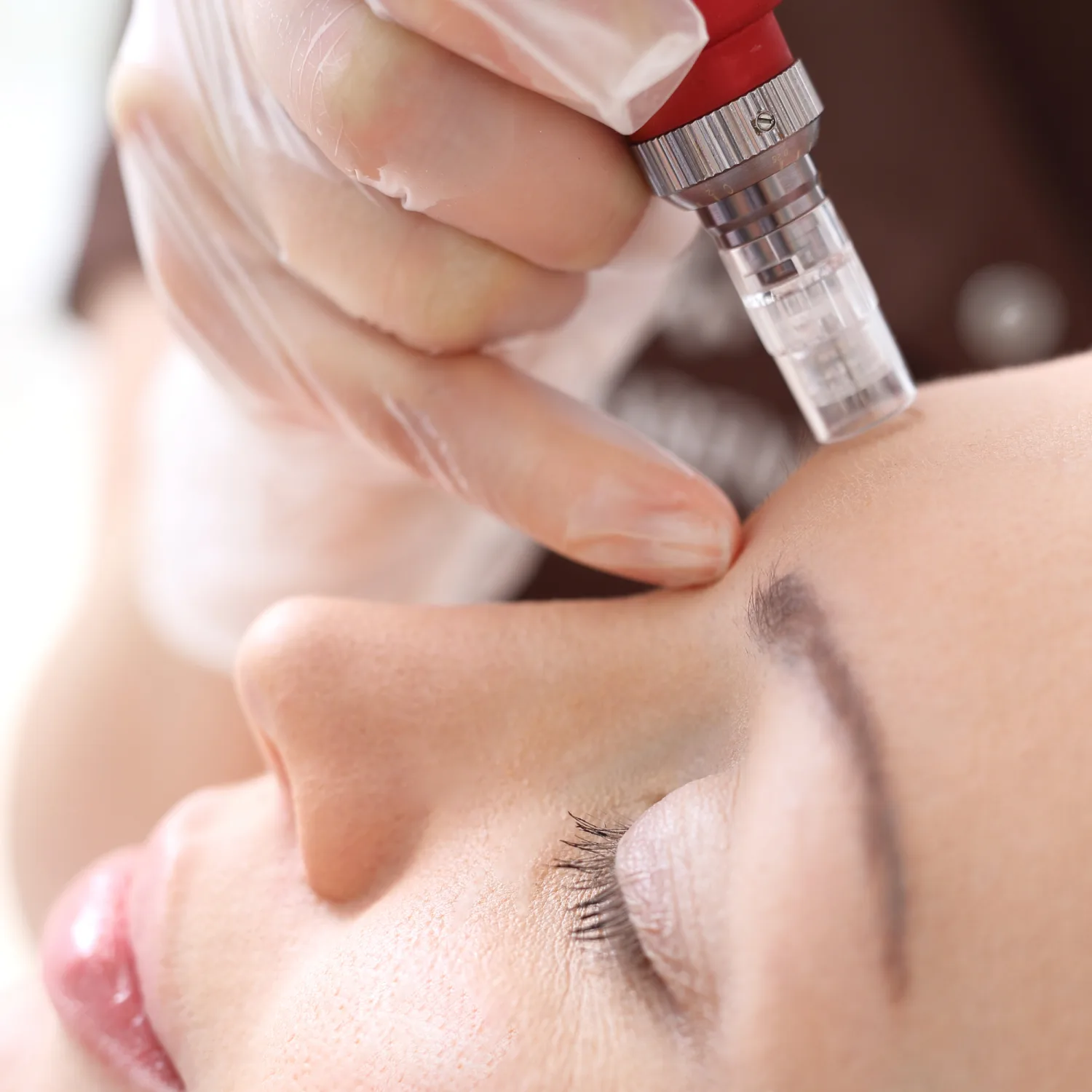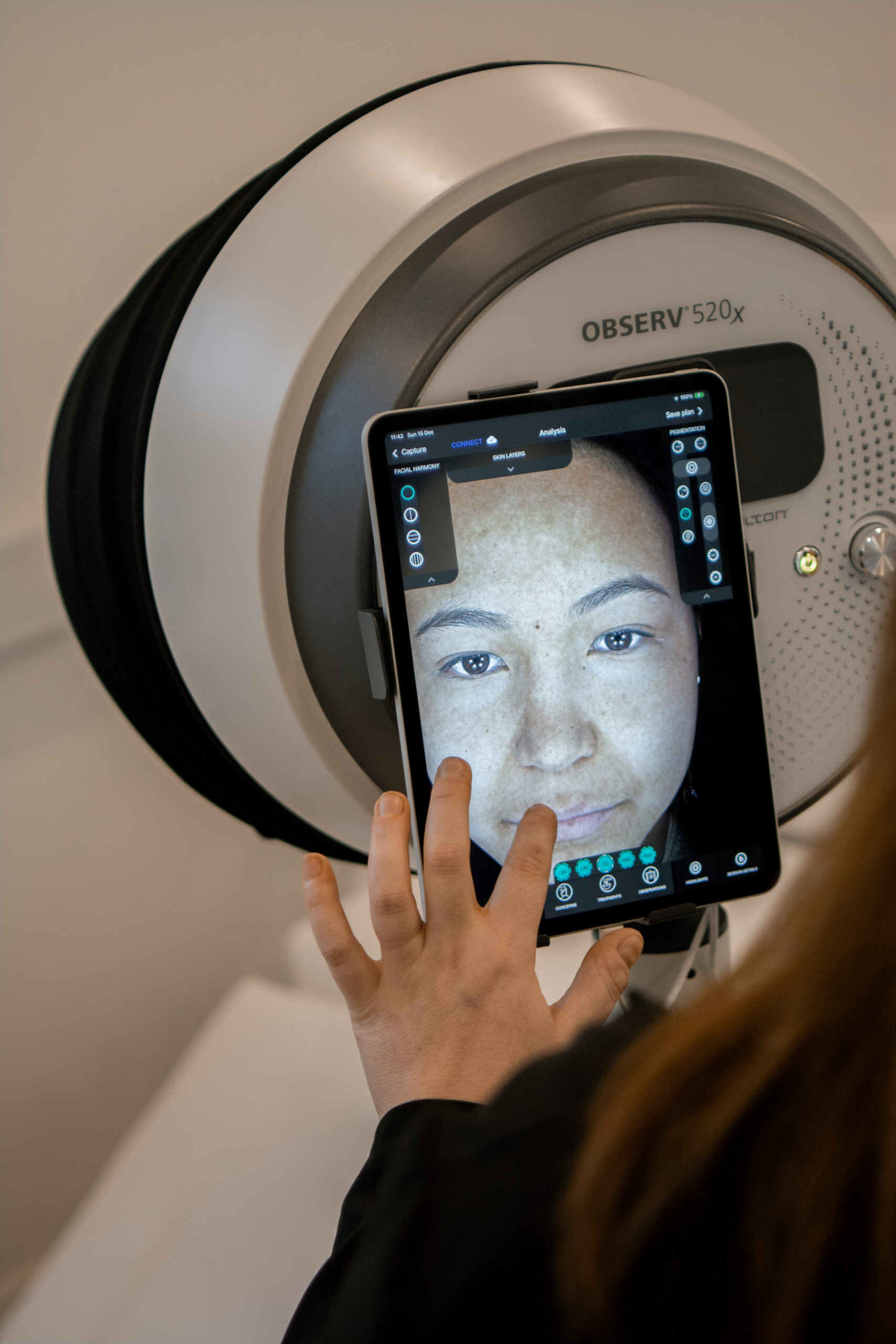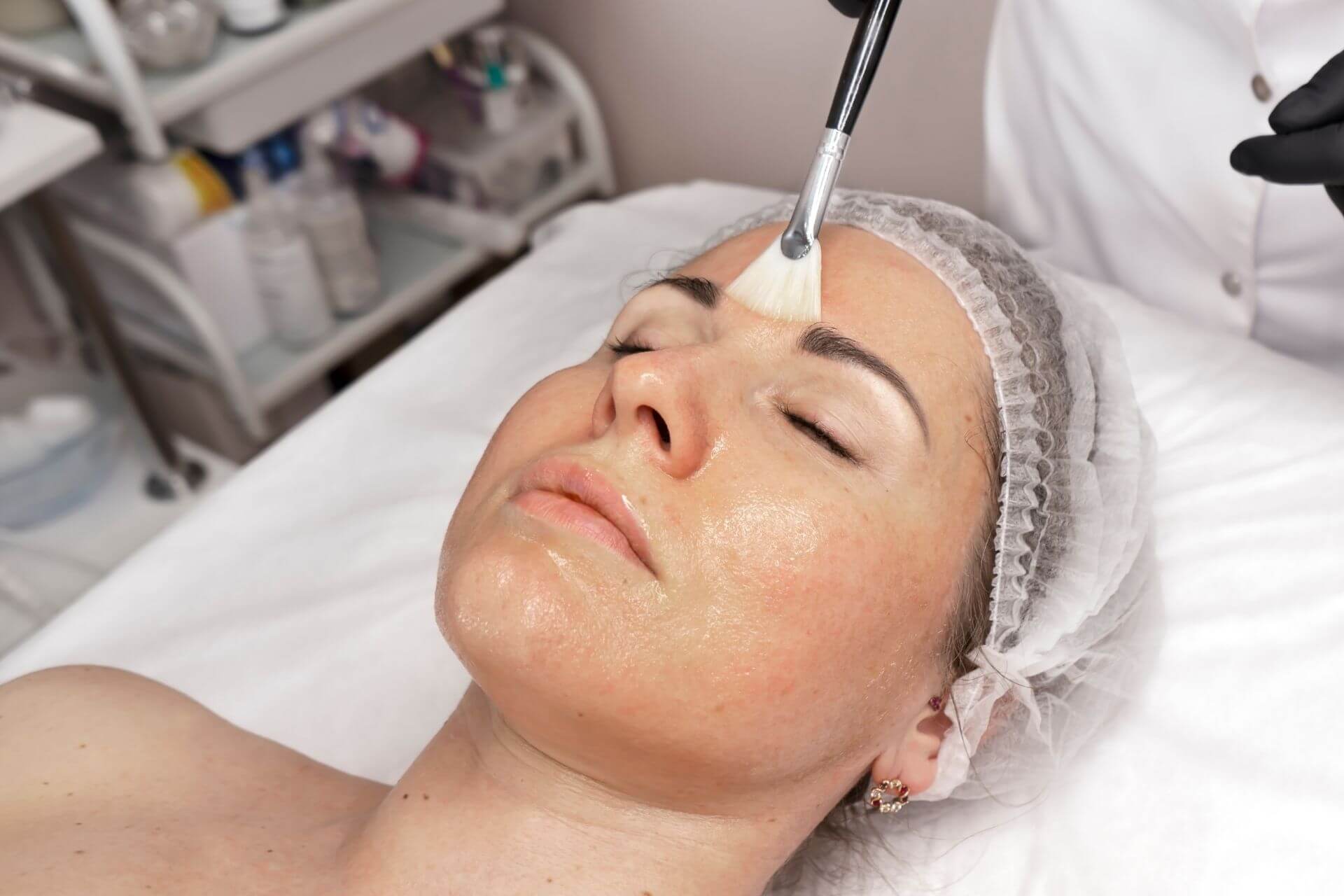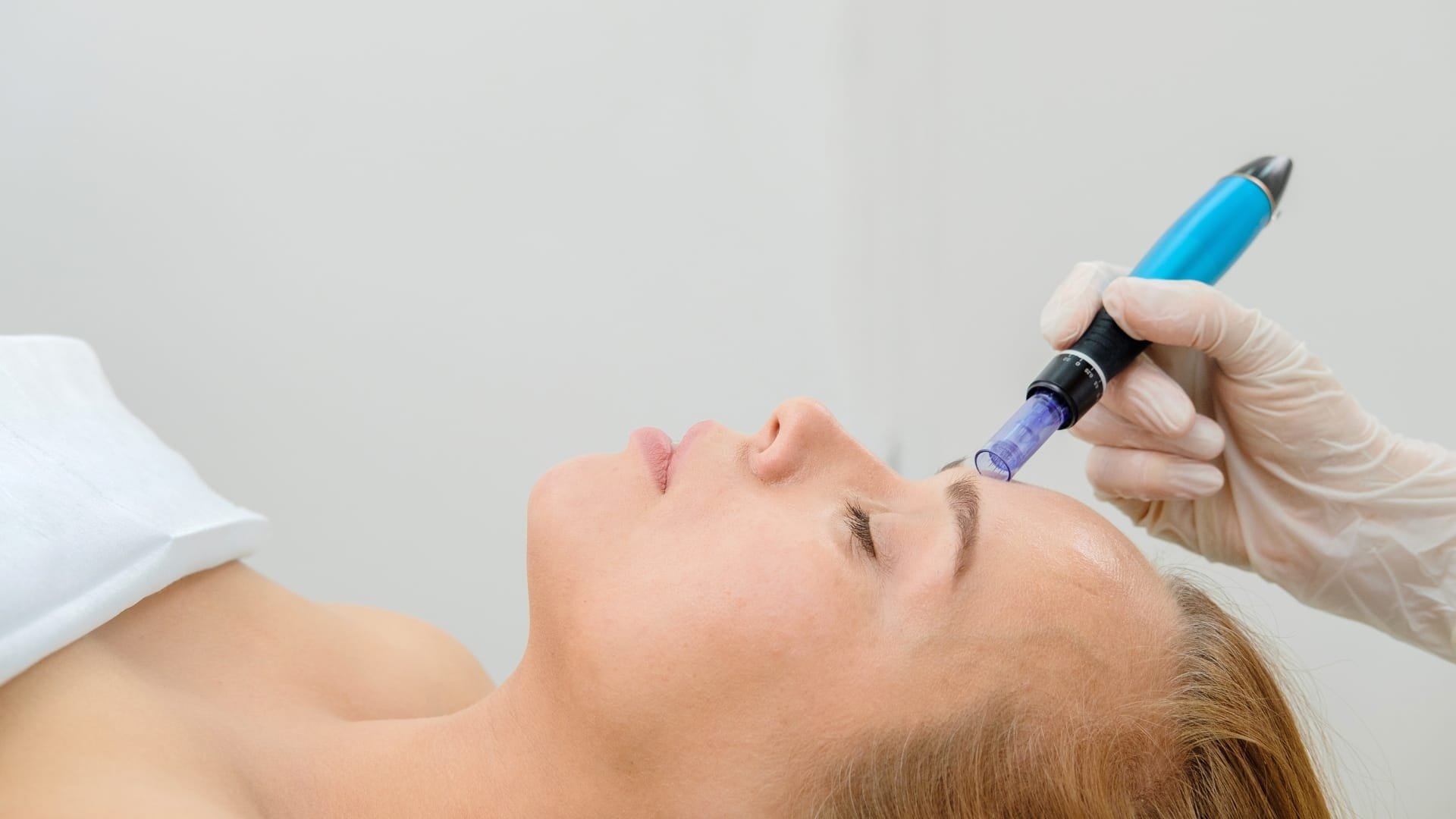
Exosomes
Exosomes are small, naturally occurring vesicles released by cells that play a key role in cell communication and tissue repair. In skincare, exosome therapy involves using these vesicles, often derived from stem cells, to promote healing and rejuvenation. Exosomes contain proteins, lipids, and RNA that can stimulate collagen production, reduce inflammation, and support cellular regeneration. When applied topically or injected, exosomes help improve skin texture, reduce fine lines, and enhance overall skin health by promoting faster healing and renewal.
